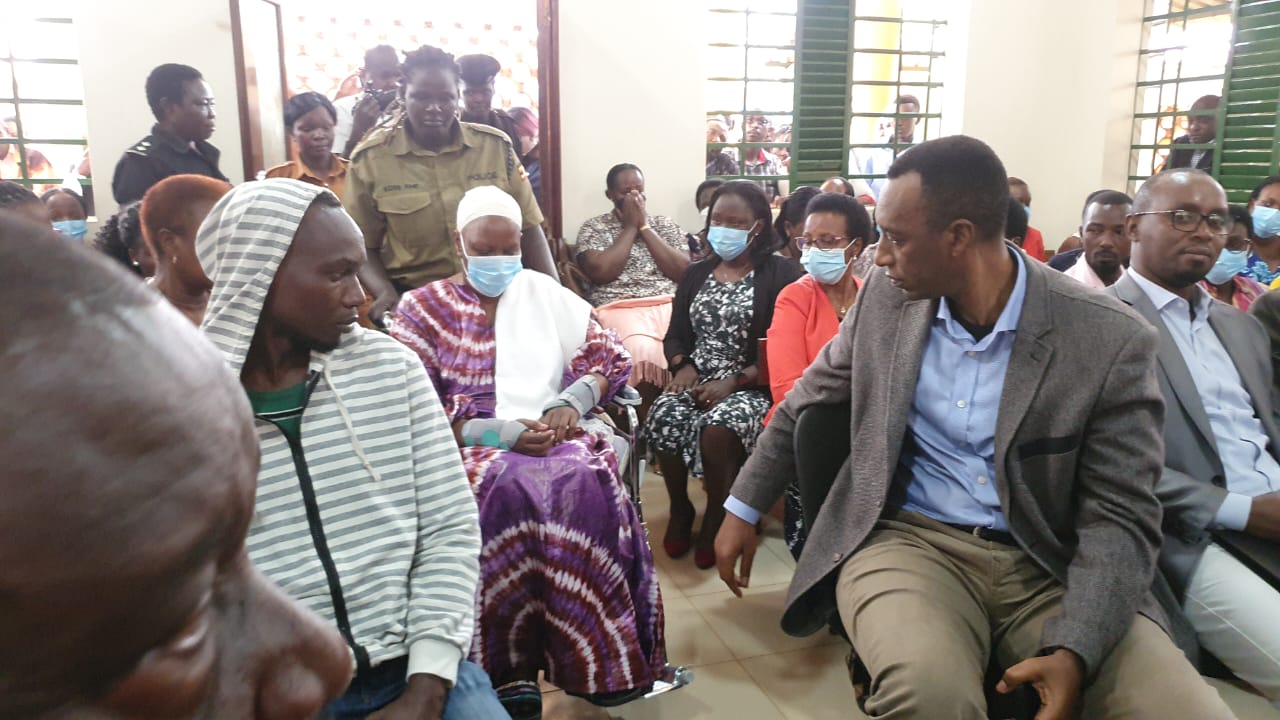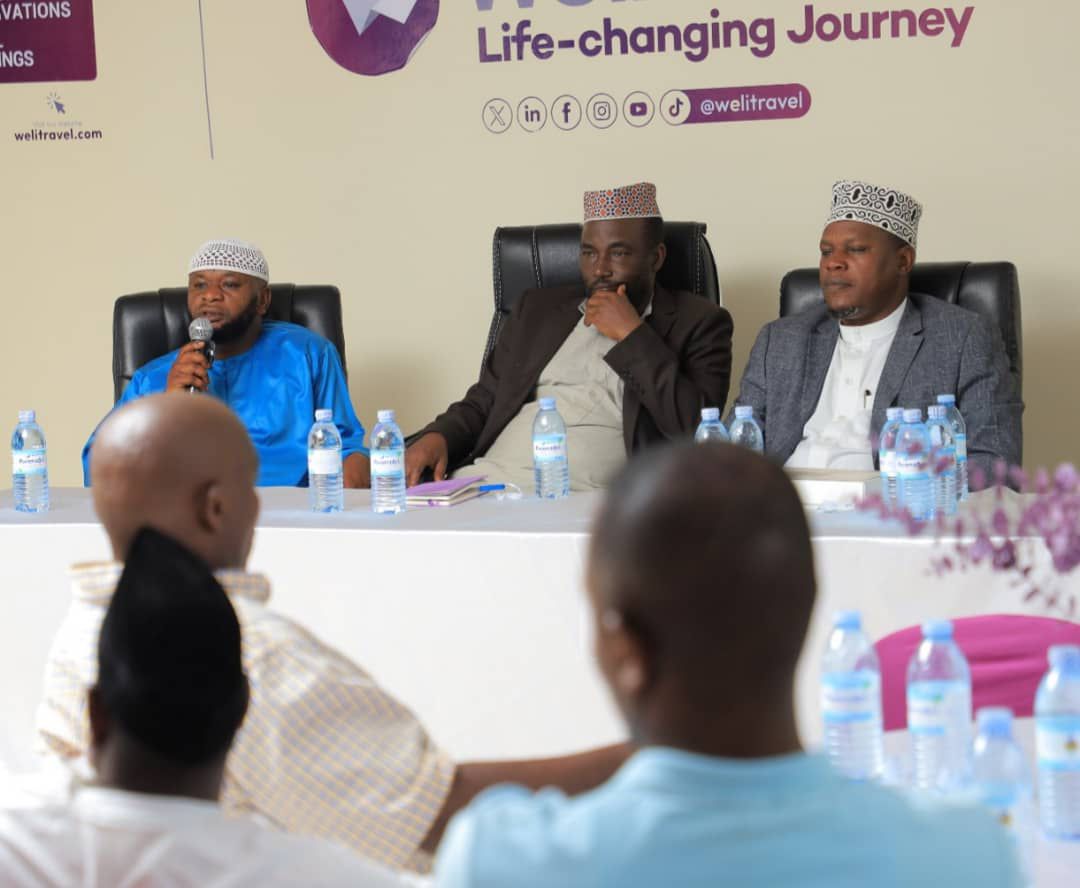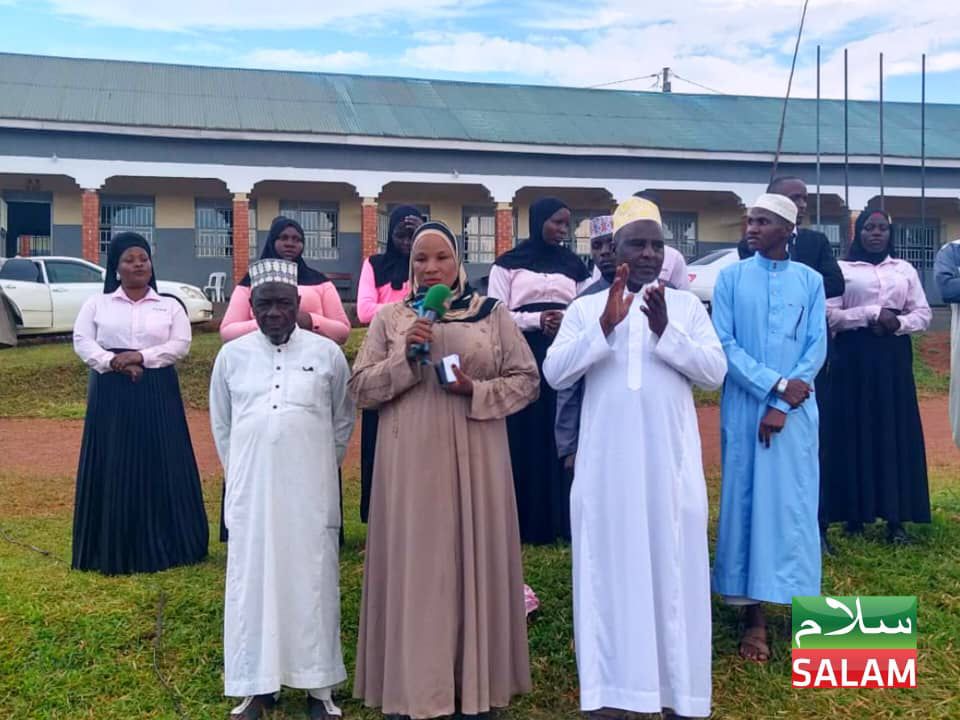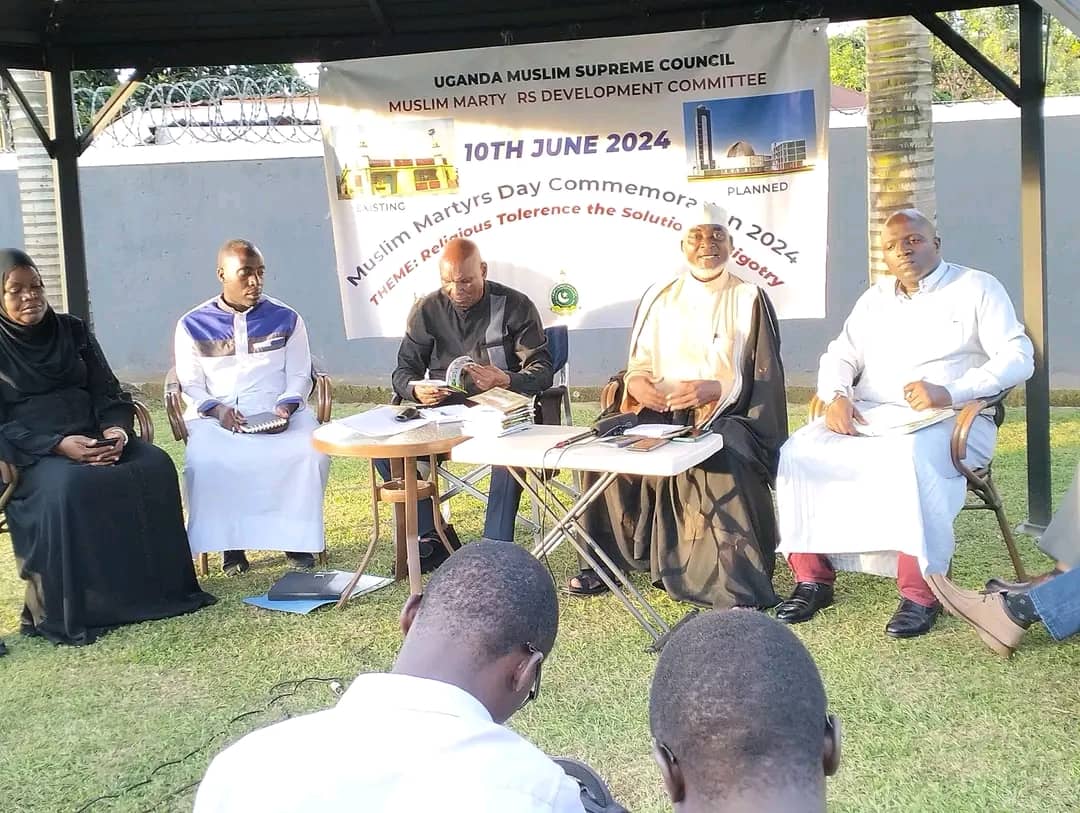What you should not say to people - Part II

By staying out of people's business we can create a more compassionate society where individuals feel empowered to seek help without fear of judgment.
By Gore Ruvimbo
Hello and welcome to the second edition of what you should and can not say to people. I hope the first piece spoke to you.
We all have those newly wedded friends and relatives, and we are all obviously happy for them. We certainly can not wait for them to have kids, build a house and buy a car. We wish them everything good.
However, asking people the,” Are you pregnant yet” question can do more damage than good. In our African societies, we think that after marriage the next step is a baby but did you know,
Most couples in the 21st century carefully plan their families. It is essential to respect their autonomy and choices. Today's couples often prioritize stability and preparedness before embarking on parenthood, considering factors such as career goals, financial security, and personal readiness.
While inquiries into family planning may sometimes elicit defensive responses, it's crucial to acknowledge that such inquiries can mistakenly encroach upon individuals' privacy and autonomy.
Recognising the boundaries of personal matters like family planning fosters a culture of respect and understanding.
Ultimately, each couple's decisions regarding starting a family are deeply personal and should be honoured as such, without external judgment or interference.
Secondly, who are you to ask such a question? Marriage is a two-person affair so is having children. Stay out of it, it doesn’t concern you.
Respecting individual privacy and autonomy is paramount, especially concerning matters as personal as marriage and family planning.
It's crucial to recognize that these decisions are deeply intimate and unique to each couple, and outsiders should refrain from intruding or imposing their views.
The complexities of fertility struggles underscore the need for sensitivity and understanding, as individuals may be navigating emotional challenges without external interference.
While raising awareness about infertility is important for fostering empathy and support, it must be done with utmost respect for individuals' boundaries and choices.
Encouraging open dialogue without presumption allows individuals to share their experiences on their terms, ensuring that support is provided in a manner that honours their autonomy and dignity.
Finally, did you know people can be struggling to have children? It's a fact of life. It's essential to recognize and empathize with the silent struggles individuals face in trying to conceive.
Despite its prevalence, infertility remains a taboo subject, often shrouded in secrecy and shame. Couples grappling with fertility issues endure a challenging journey marked by emotional turmoil, financial strain, and societal pressures.
The stigma surrounding infertility can compound their anguish, compelling them to suffer in silence, isolated from much-needed support networks.
By staying out of people's business we can create a more compassionate society where individuals feel empowered to seek help without fear of judgment.
Supporting those experiencing fertility challenges not only validates their experiences but also fosters a culture of inclusivity and empathy.
So now, imagine being the recipient of such questions, not cool right? Let’s be considerate people and bury an urge to interfere with people's personal lives.
I pray you pick something useful from this conversation.
___________________________________________________________________
Ms Gore Ruvimbo is a versatile journalist and multi-talented individual with a passion for storytelling. She excels in photography, sports news reporting, anchoring, voice over artistry, poetry and vocal performances.













